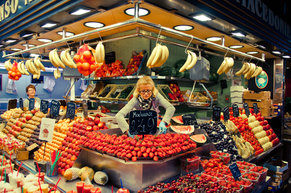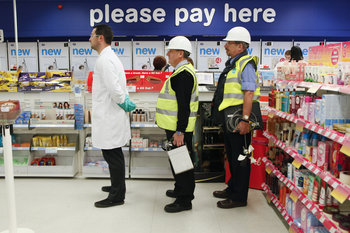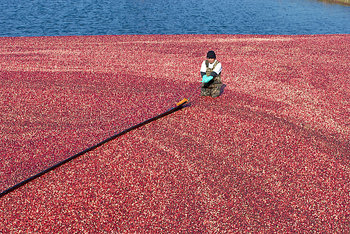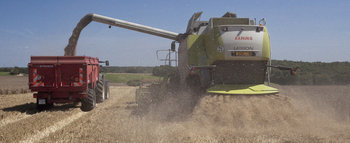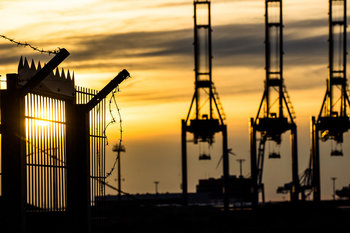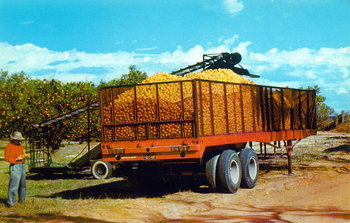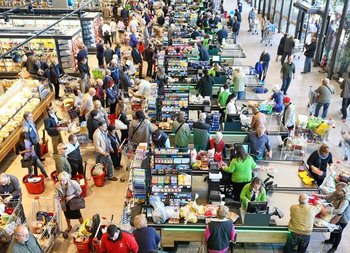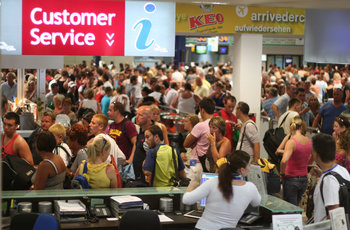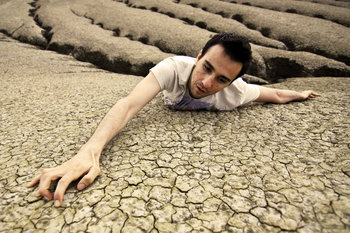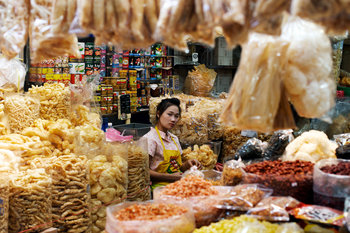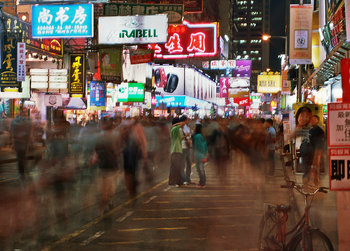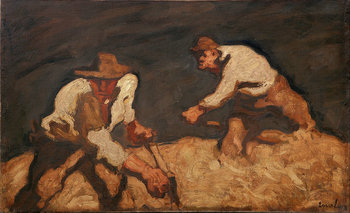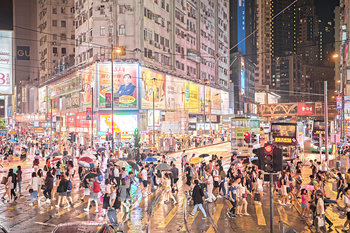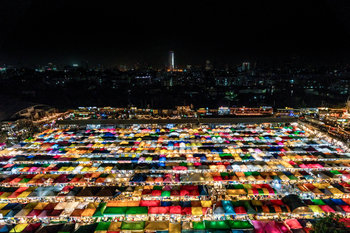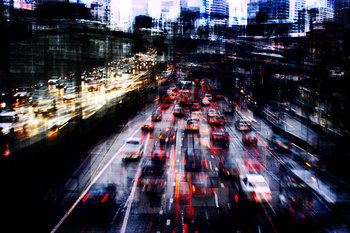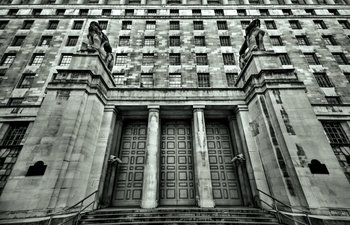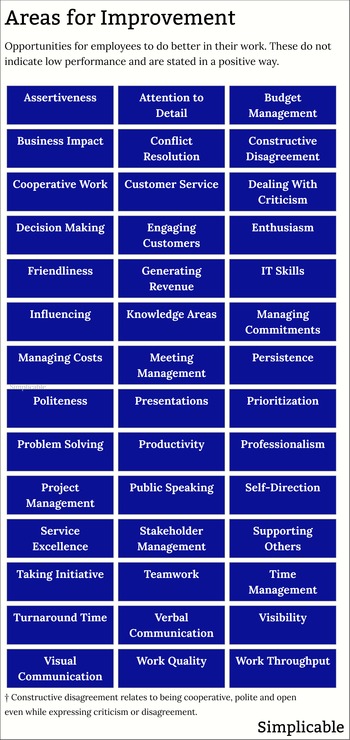
Prices
Prices in a market economy are set by the forces of supply and demand. For example, if your product has more demand than you have supply, you will charge a high price. This is contrasted with a planned economy whereby prices may be set by the government. The latter situation typically results in inefficiencies such as surpluses and shortages.Credit
A financial system whereby financing such as loans is based on supply, demand and competition between banks. Generally speaking, banks loan out money according to estimates of risk-reward. This tends to be more efficient that having the government decide who gets funded and who doesn't.Investment
Investment and risk taking are in the hands of individuals who seek rewards. For example, a system whereby ambitious individuals start companies as opposed to government officials.Production
Production decisions are made by producers who optimize profits by meeting customer demand. This tends to result in little waste such as surpluses or shortages as compared to central planning that dictates what customers should need.Distribution
As with production, distribution decisions in a market economy are in the hands of the producer such as an airline that chooses its routes based on demand and competition.Government
Government in a market economy focuses on things that are inherently public services. Where exactly this line is drawn tends to be a point of contention. For example, some argue that healthcare is inherently a public service because private firms would have perverse incentives if they ran the system because profits would go up if people stay sick.Fair Competition
A market economy requires rules, regulations and enforcement to keep fair competition alive. For example, a large firm that dominates an industry may use aggressive strategies to prevent competition, raise prices and influence government to stack things to its advantage.Consumer Protection
Another area of government involvement in a market economy is consumer protection. For example, protections that prevent firms from misrepresenting products, imposing unfair terms or selling things that are unsafe.Tragedy of the Commons
A market economy may use up or destroy common goods such as air, water, soil and ecosystems without regulations or incentives to protect these resources. For example, a factory producing widgets worth $1 may produce $4 of environmental damage per widget. This is an irrational situation that can also occur in a planned economy.| Overview: Market Economy | ||
Type | ||
Definition | An economic system that allows the economy to self-organize based on fundamental economic forces such as supply, demand and competition. | |
Related Concepts | ||

